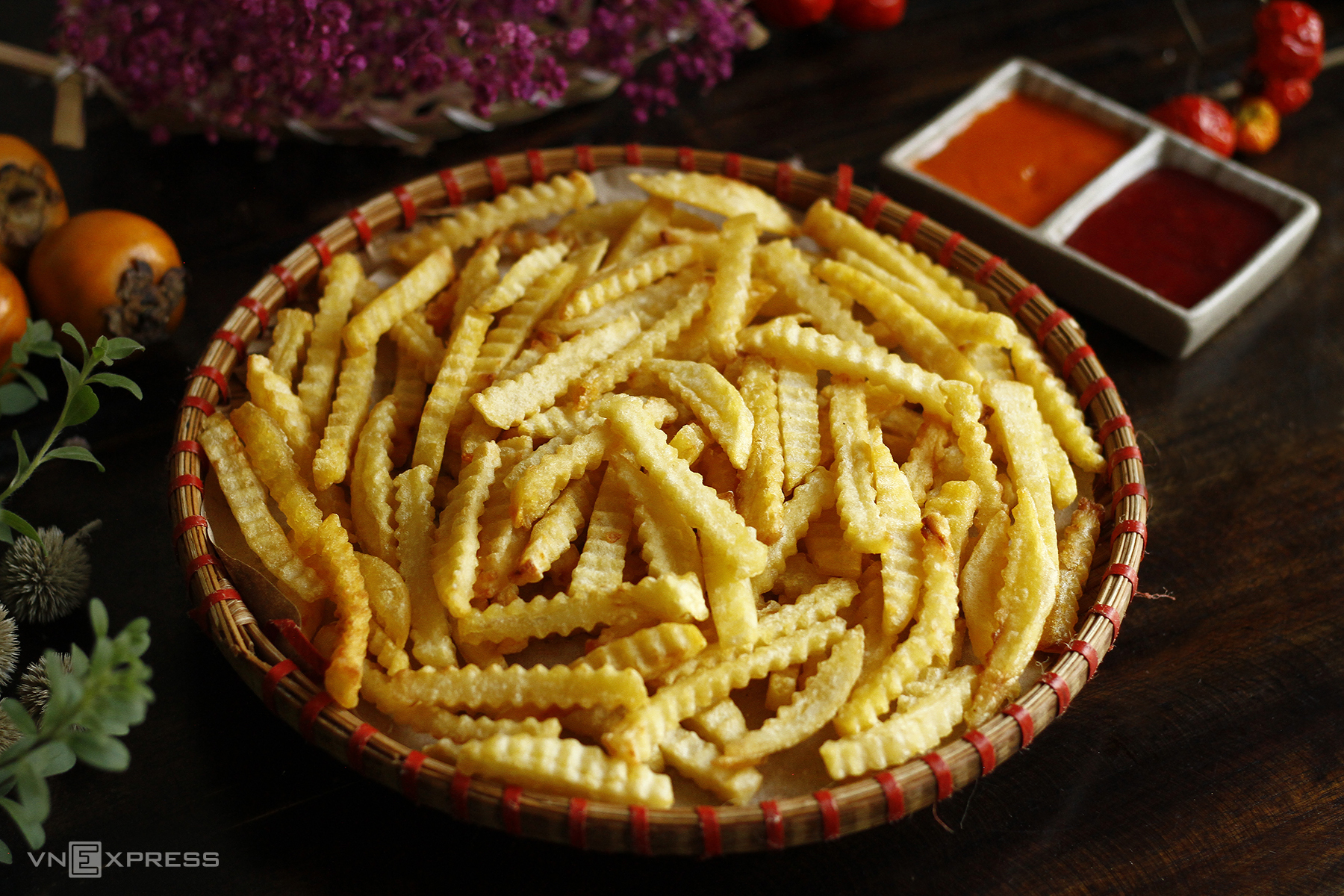 |
The glycemic index (GI) ranks how different carbohydrates affect blood sugar levels. Knowing the GI of foods helps people with diabetes manage their diets to maintain stable blood sugar. Foods with a higher GI raise blood sugar more quickly than those with a lower GI.
Potatoes have a high GI, depending on how they're prepared. Boiled potatoes have a GI of 78, while mashed potatoes have a GI of 87. French fries also have a GI over 70, making them unsuitable for people with diabetes.
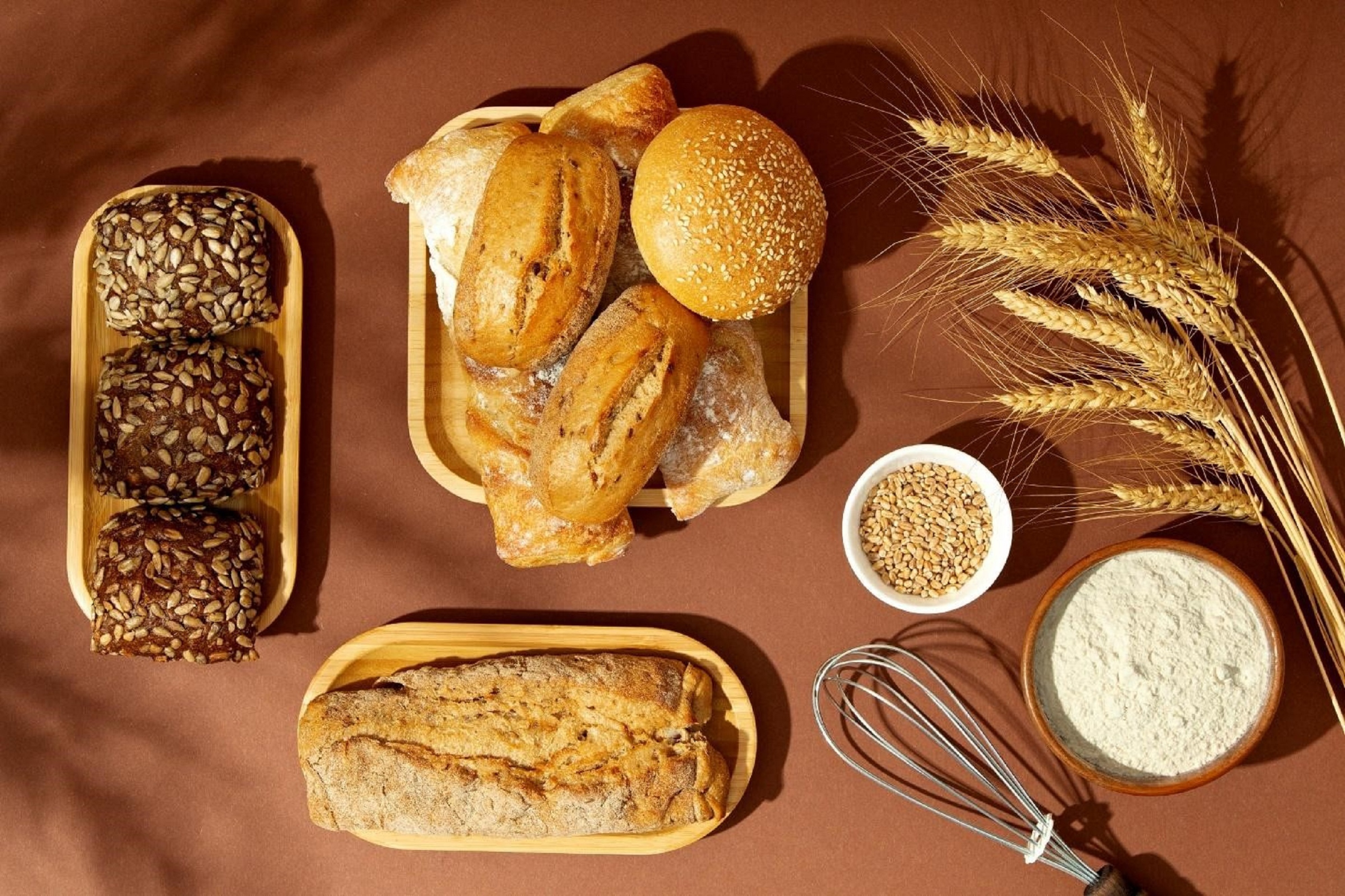 |
White bread, made from refined flour, contains sugar and leavening agents, resulting in a GI of 75. This can be even higher if sugar, flavorings, or jam are added. Eating a lot of white bread, especially on an empty stomach, can quickly raise blood sugar levels.
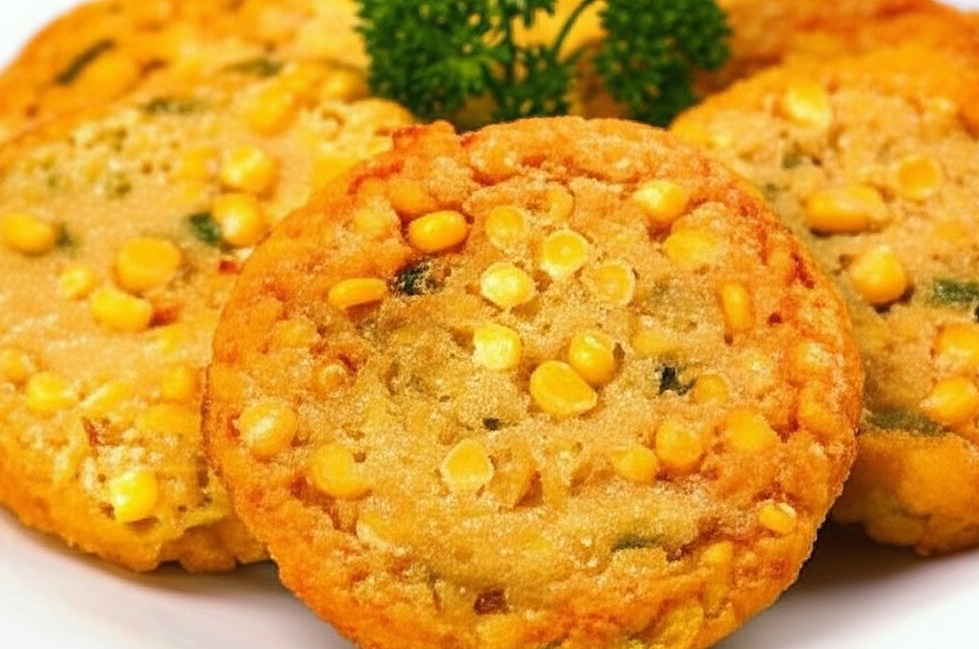 |
Fried cornbread has a GI of 81 and is low in fiber while being high in carbohydrates and fried in oil. This makes it detrimental for people with diabetes, as it can rapidly increase blood sugar. Consuming too many fried foods leads to weight gain and obesity, which are factors that promote inflammation and increase the risk of diabetes complications.
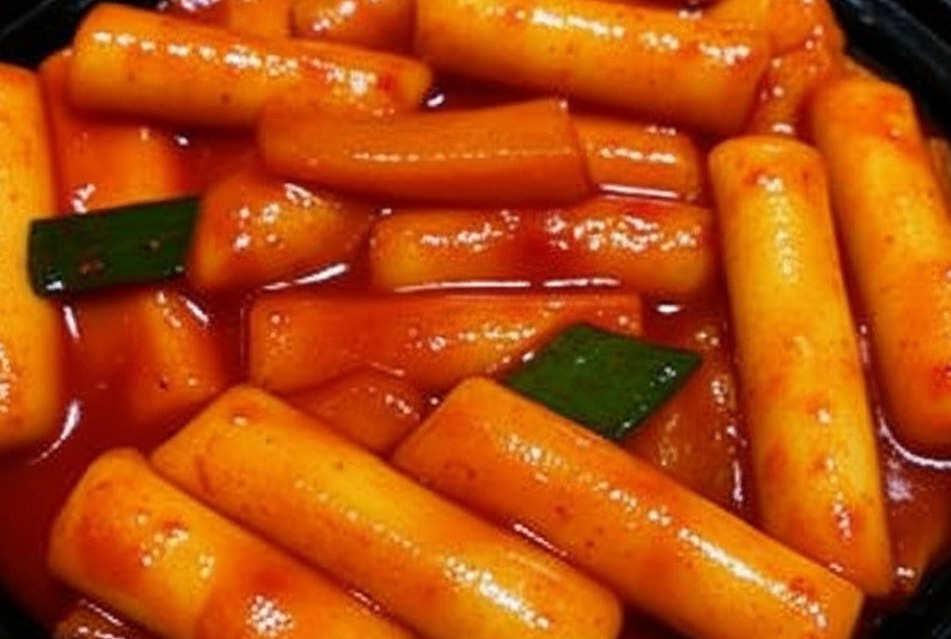 |
Tteokbokki, or spicy Korean rice cakes, are primarily made of rice and have a GI between 85 and 87. The added seasonings, sugar, soy sauce, and flavor enhancers during preparation contribute to the high GI and carbohydrate content, leading to a rapid rise in blood sugar.
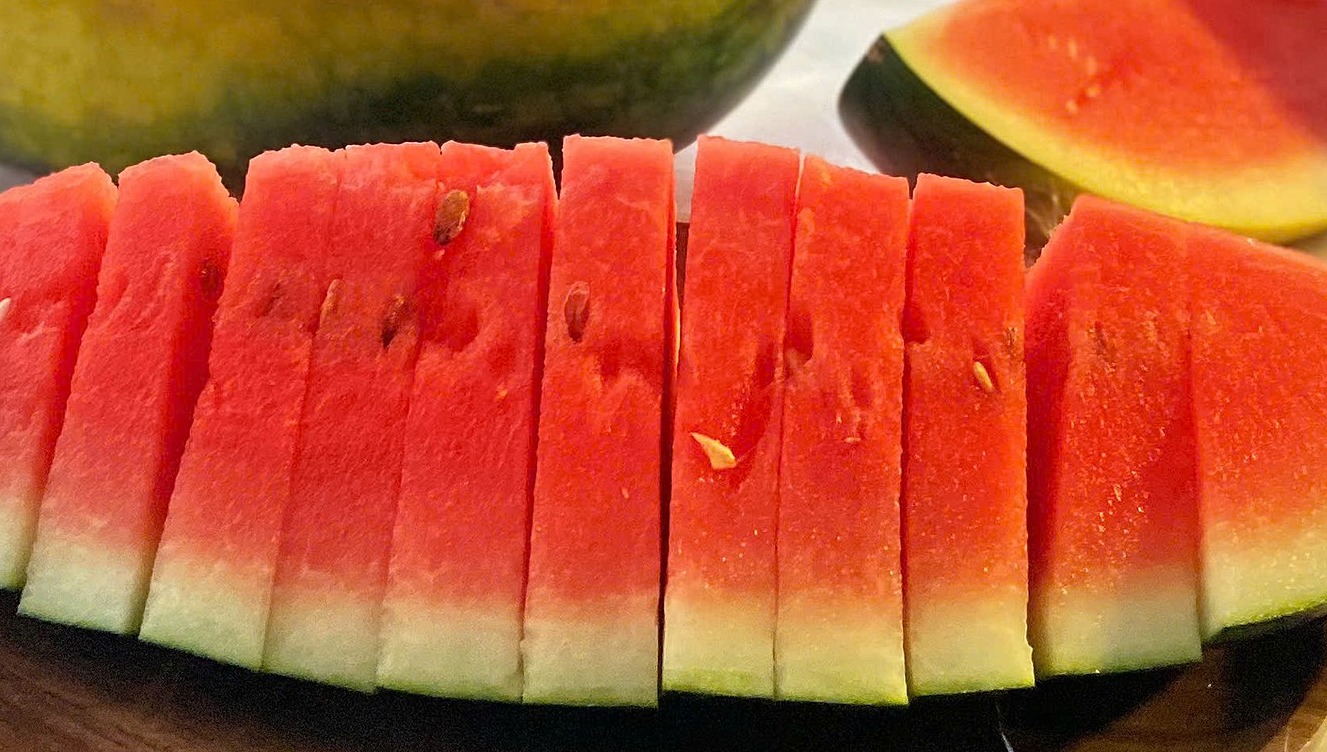 |
Watermelon has a GI of 76. However, it's naturally sweet, high in water and fiber, leading to a slower, rather than a sudden, increase in blood sugar. People with diabetes can enjoy watermelon in moderation, ideally paired with fiber-rich and protein-rich foods to prevent rapid blood sugar spikes.
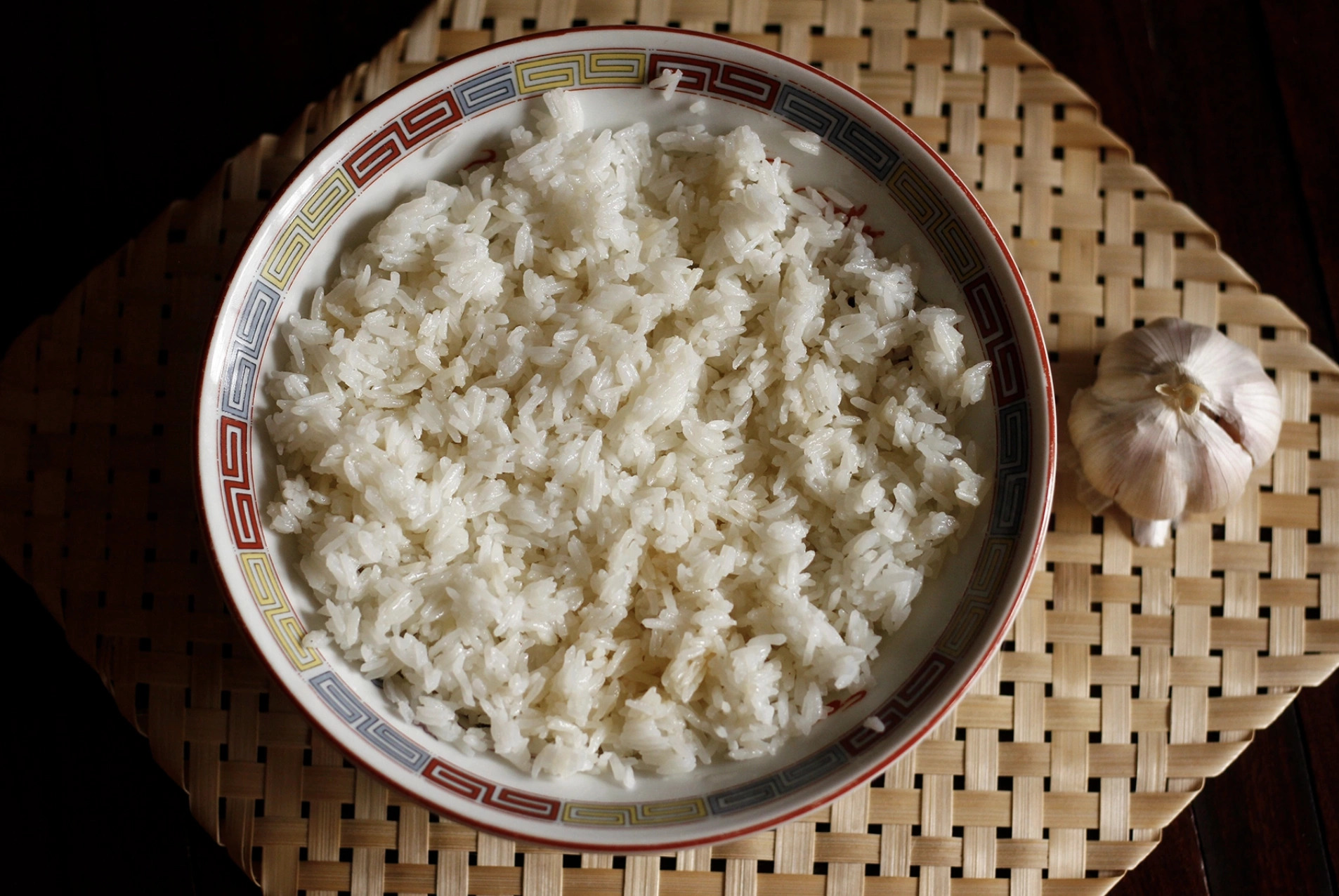 |
White rice has a GI of 73 and can significantly increase blood sugar if consumed in large quantities. People with diabetes should avoid eating excessive amounts of white rice at once, especially with other high-carb foods like fried or braised dishes high in unhealthy fats. Eating vegetables, fiber, and lean protein before rice can help better manage blood sugar levels.
Anh Chi (WebMD, Very Well Health)
Photo: Anh Chi, AI












